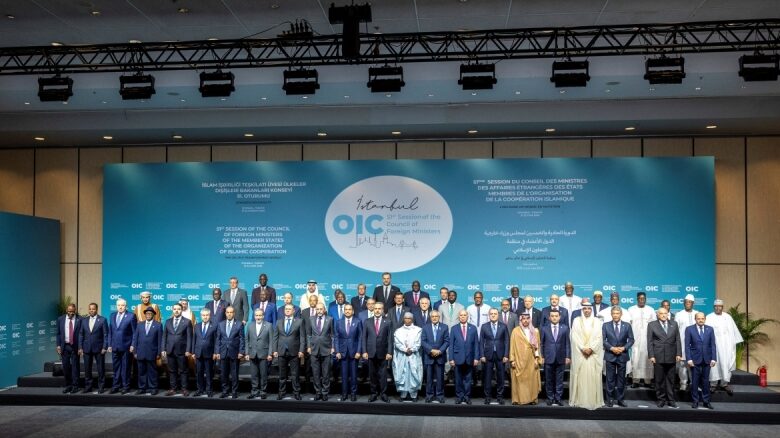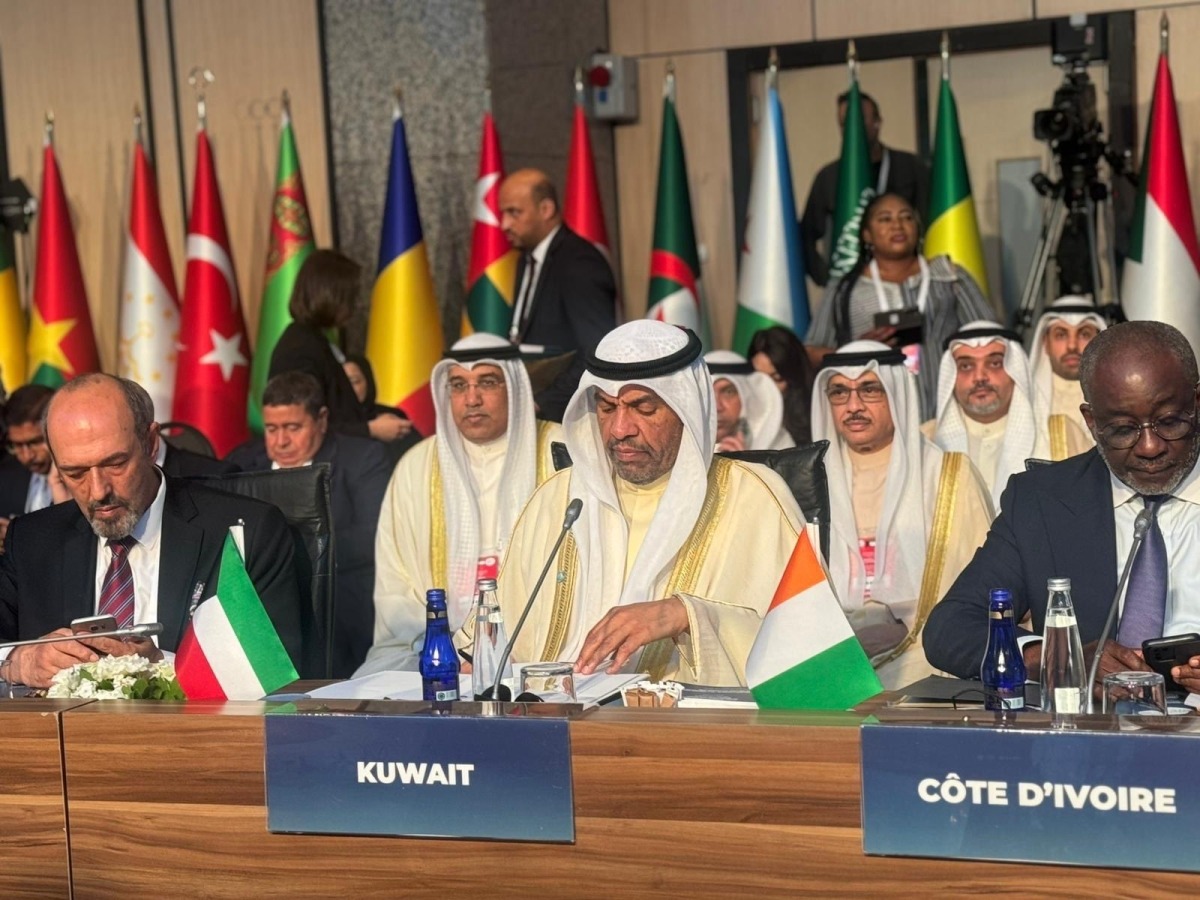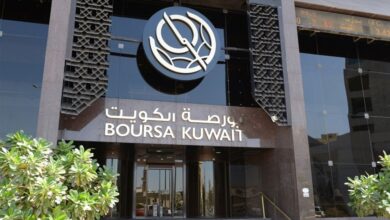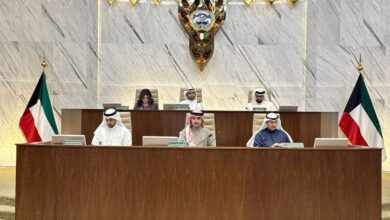OIC Foreign Ministers meeting opens in Istanbul with strong calls for unity and action

The 51st session of the Council of Foreign Ministers of the Organization of Islamic Cooperation (OIC) convened on Saturday in Istanbul, Turkey with representatives from OIC member states and affiliated organizations.
In his opening remarks, Turkish President Recep Tayyip Erdoğan urged the Islamic world to set aside internal divisions and unite around shared interests and values. “If we do not assume our responsibilities with a collective will and vision, we will be serving the agendas of others,” he warned.
Erdogan highlighted the timing of the recent Israeli strike on Iran, which he said coincided conspicuously with ongoing nuclear negotiations. He expressed confidence in the Iranian people’s resilience and governance, saying they would “overcome these difficult days with unity and experience.”

The Turkish president condemned what he described as Israel’s expansionist ambitions, drawing a sharp comparison between Israeli Prime Minister Benjamin Netanyahu and Nazi leader Adolf Hitler.
“Just as Hitler’s aggression ignited a global catastrophe 90 years ago, Netanyahu’s Zionist ambitions threaten to do the same today,” he said. Erdogan described Israel’s attacks across Gaza, Lebanon, Yemen, Syria, and Iran as acts of piracy, and warned against the establishment of a “new Sykes-Picot order” that redraws regional borders in blood.
Turkish Foreign Minister Hakan Fidan, who chaired the session, echoed these concerns, stating that the region is on the brink of a total catastrophe due to Israel’s aggression, particularly the latest attack on Iran. Fidan affirmed that Turkey, in its current role as chair of the OIC Council of Foreign Ministers, will continue to advocate for justice and amplify the voice of the Islamic world.
He emphasized that the root cause of instability is the Israeli occupation, not the states or people of Palestine, Lebanon, Syria, Yemen, or Iran.
Foreign Minister Abdullah Al-Yahya led the Kuwaiti delegation to the two-day session, which is being attended by around 1,000 participants, including 40 foreign ministers and prime ministers from OIC member states, observers, and international organizations.
According to a statement from the Kuwaiti Ministry of Foreign Affairs, the delegation engaged in discussions on key agenda items, notably the Palestinian cause and the serious challenges facing the Islamic world, including the escalating Israeli aggression against Iran and repeated violations of international law.
The Kuwaiti delegation also participated in talks on enhancing coordination and cooperation mechanisms among OIC members to reinforce collective solidarity and support efforts aimed at maintaining regional and global security and stability.
Special sessions of the meeting are dedicated to addressing the ongoing humanitarian catastrophe in Gaza, alongside other urgent issues affecting the Muslim world. This year’s session marks the fourth time Türkiye has hosted the OIC Council of Foreign Ministers, following previous sessions in 1976, 1991, and 2004.
The Organization of Islamic Cooperation, established in 1969 following the burning of Al-Aqsa Mosque in Jerusalem, remains the world’s second-largest intergovernmental organization after the United Nations, with 57-member states.










